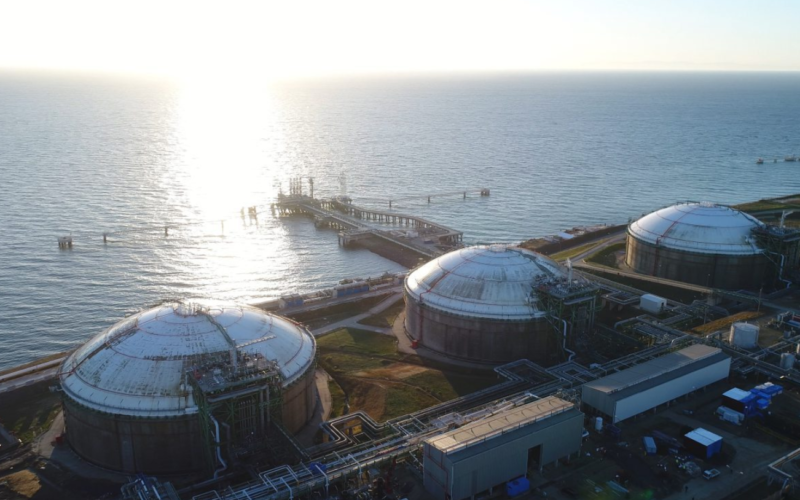The European Union’s antitrust watchdog is currently scrutinizing a gas transit agreement between Bulgaria’s state-owned energy company, Bulgargaz EAD, and Turkey’s Botas. The investigation comes in response to concerns that the deal may be anti-competitive, potentially compromising the principles of fair competition within the EU energy market.
The European Commission has officially announced its inquiry and has sent requests for information to both companies involved. It is stated that the Commission will not hesitate to take appropriate action if evidence emerges indicating that the agreement violates EU rules designed to prevent dominant suppliers from monopolizing specific segments of the market.
The agreement, which was signed in January, grants Bulgargaz the capability to import liquefied natural gas (LNG) through Turkey’s terminals and grid for a period of 13 years. Bulgaria, in turn, secures access to approximately 1.5 billion cubic meters of LNG annually. If fully realized, this capacity would fulfill nearly half of Bulgaria’s domestic natural gas demand.
The focus of the European Union’s request for information revolves around the nature of the partnerships established in the agreement and the specifics of the LNG supplies. Bulgargaz, the state-owned gas supplier in Bulgaria, has indicated that it maintains regular contact with the Commission and offers assistance on various matters within its purview.
For years, Bulgaria heavily relied on Russian pipeline gas for its energy supplies. However, this dependence was disrupted last spring after Bulgaria refused to pay in rubles following Russia’s military actions in Ukraine. The agreement with Botas in January was a strategic move to secure alternative energy supplies for the Balkan nation. Nevertheless, the lack of detailed information surrounding the deal has raised questions about its long-term sustainability and the potential for it to serve as a conduit for Russian gas supplies.
Previously, Bulgaria’s most direct access to LNG was through Greece, where buyers had to compete for berthing slots under EU regulations. Turkey, although not an EU member, is connected to the EU through pipelines and is not subject to the same rules. As a result, it has surplus LNG capacity, making it an attractive partner for countries seeking diversified energy sources.
The investigation into the Bulgaria-Turkey LNG supply agreement highlights the importance of ensuring a level playing field and transparency in energy markets within the EU. The European Commission’s efforts to scrutinize the deal underscore the EU’s commitment to maintaining competition and fairness in its energy sector. The outcome of this investigation will be closely monitored, as it could have far-reaching implications for future energy agreements in the region.








